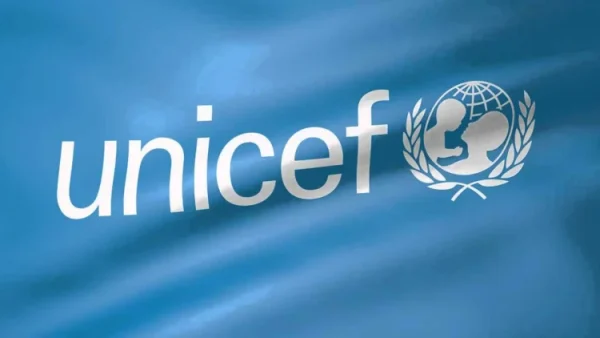The United Nations Children’s Fund (UNICEF) has reaffirmed its commitment to partner with the Jigawa State Government to revitalize the basic education sector.
Mr. Michael Banda, Education Manager, UNICEF Kano Field Office, stated this on Friday in Dutse during a three-day Local Education Sector Operations Plan (LESOP) Review and Development Workshop.
UNICEF and the European Union (EU) are supporting the Jigawa Government in reviewing and drafting the state’s education strategic operational plan under the Education and Youth Empowerment (EYE) Programme.
Banda described the exercise as a vital step toward strengthening the state’s education planning and implementation framework.
According to him, by reviewing and updating the LESOP, Jigawa is demonstrating a commitment to evidence-based decision-making, accountability, and community participation — key ingredients for transforming education at the local level.
He noted that despite progress recorded in the sector, many children in the state still face significant barriers to accessing quality education due to poverty, child labour, early marriage, and long distances to schools.
“The LESOP process provides a unique opportunity to identify these barriers in each local government area and design local solutions that respond to the specific realities of each community,” he said.
Banda also identified inadequate financing as a major challenge in achieving education goals, stressing the need for transparency in utilizing allocated funds to improve teaching and learning outcomes.
He said UNICEF was encouraging state governments to explore innovative financing options and strengthen budget execution to ensure that education resources reach schools promptly.
“LESOP will help local education authorities plan and implement realistic, costed activities aligned with the State Education Sector Plan and the Medium-Term Expenditure Framework.
“LESOP should not just be a document but a living guide that drives local action, accountability, and innovation in every LGA and for every learner,” he added.
In his remarks, Prof. Haruna Musa, Chairman of the Jigawa State Universal Basic Education Board (SUBEB), commended UNICEF and the EU for their continuous support and impactful education interventions in the state.
He said the document would guide the state in improving the education sector, adding that while planning is essential, effective implementation is even more crucial.
“Our main focus is addressing the challenges in the system, especially in learning outcomes and the issue of out-of-school children.
“The document will serve as a strategic guide in providing sustainable solutions to these challenges,” Musa said.


